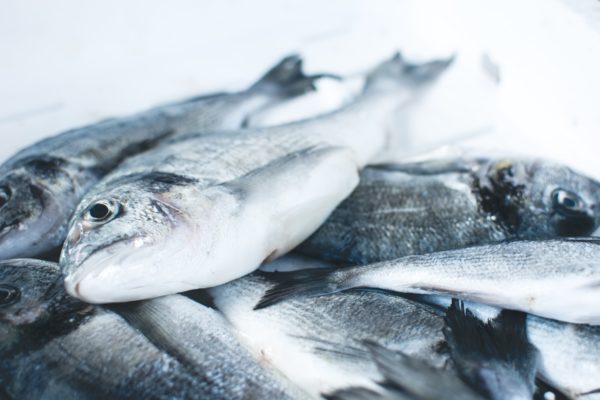Birds call to their embryos during incubation to warn them about hot temperatures outside the egg, according to new Deakin research.
In a paper published in the latest edition of Science, researchers from Deakin’s Centre for Integrative Ecology (CIE), within the School of Life and Environmental Sciences, revealed how the zebra finch, a small Australian desert bird, uses a specific call during incubation to warn its embryos about the heat they will face upon hatching.
Hearing this heat-warning call as an embryo changed how nestlings then solicited food from their parents and gained weight in response to temperature. It also caused a preference for warmer temperatures as adult birds.
The paper, “Prenatal acoustic communication programs offspring for high post-hatching temperatures in a songbird” argued that not only could this previously unknown ecological function for embryonic hearing abilities prove critical for thriving in a warming climate, but it also demonstrates how much impact the prenatal acoustic environment has on development.
“Embryos´ capacity to hear, and even learn, external sounds has been known since the 1960s, in humans and animals alike, but the implications of hearing before birth for adaptation to post-hatching conditions had not been suspected,” said research team leader and Australian Research Council Future Fellow Professor Kate Buchanan.
During the study, small microphones were placed in nests of incubating zebra finches breeding in outdoor aviaries at Deakin. The sounds were later played to eggs in artificial incubators.
In over 600 hours of audio recording, parents only called to their eggs when ambient temperatures rose above 26ºC. Parents use a specific call to alert embryos, and it is exposure to this call, rather than to any other, that changes how nestlings adjust their behaviour and growth to heat.
“Moreover, parents did not call to freshly laid eggs. Calling only occurred within five days of hatching, once embryos had presumably developed hearing capacities,” said lead-author Dr Mylene Mariette.
“This suggests that parents are deliberately communicating with their embryos about the heat.
[testimonial_text]Astonishingly, the calls birds heard as embryos impacted on these individuals until adulthood, up to two years later.[/testimonial_text]
[testimonial_picture name=”Dr Mylene Mariette” details=”Centre for Integrative Ecology”]
“We found that adjusting their growth rate to ambient temperature allowed experimental birds to themselves produce more young as adults.”
The researchers found acoustic experience also changed bird thermal preferences at adulthood, with the birds exposed as embryos to parental incubation calls preferring to breed in hotter nests than control birds.
“Such profound and long lasting effects of prenatal acoustic experience had never been demonstrated before,” Dr Mariette said.
“Our work highlights that acoustic environment may have a much stronger impact on development than we currently realise.
“This is also the first evidence that parents can adjust the development of their offspring to ambient temperature in warm-blooded species.”
Dr Mariette said there was still a lot to do to fully understand this phenomenon.
“Our priority is to establish the physiological mechanisms underlying these effects and how widespread this strategy is in birds,” she said.
Professor Buchanan, who has researched the impact of environmental stress on the development of song learning in the early life stages of songbirds, said the team was also excited about the implications of the study for song learning in birds, as sound clearly impacts development from a much earlier stage than assumed so far.
“Other research has shown that precocial species, like ducks, quails and chickens, which hatch as fully formed nestlings, have good auditory development before hatching. It was thought that altricial species, where the nestlings are born in an undeveloped state and require care and feeding by the parents, didn’t hear as embryos, but our work shows that they do.”



